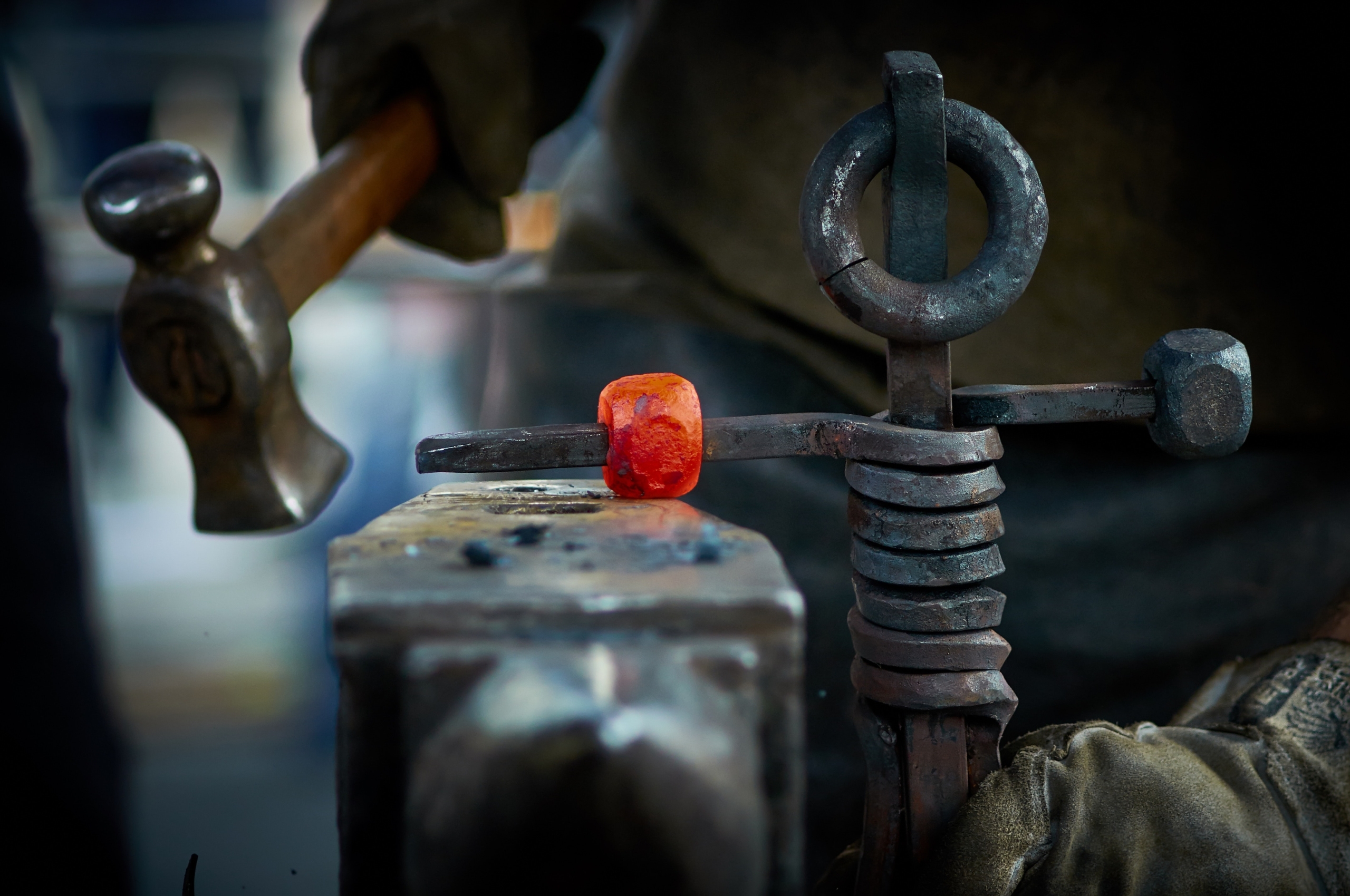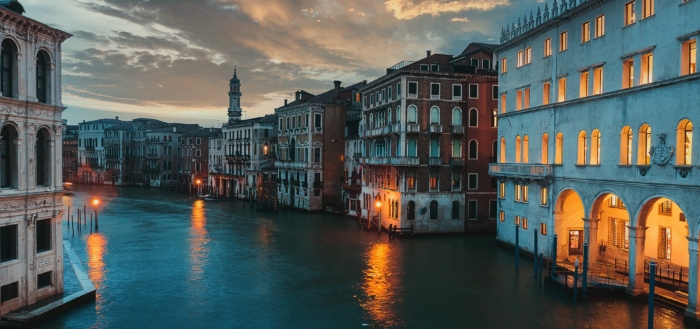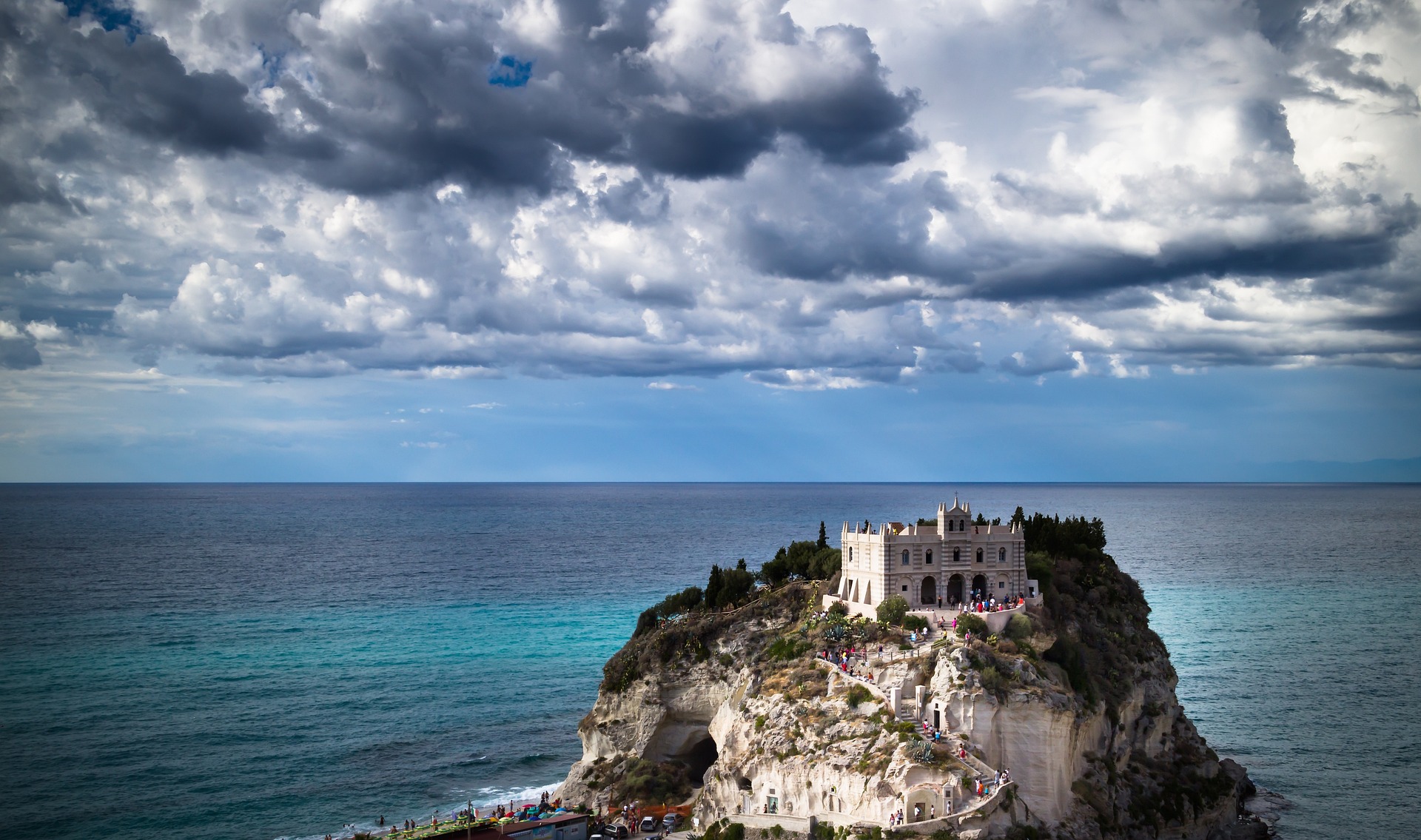Along the years, last names have been conclusive to the histories of a nation, as they hide behind ancient stories and insights about traditions or customs, events that changed the course of history and even the peoples’ social status and occupations. Italian surnames have made no difference here and I will explain why. As beautiful as this country is, its surnames are key to their comic nature and relaxed lifestyle and the way they celebrate life, surrounding themselves with joy and happiness and embracing their physical traits and flaws.
The roots of the Italian Surnames
It is no wonder that the beginning of Italian surnames is related to the geographic regions or generations of families they were belonging to, or their descriptive features of their nature or personalities, most of which were nicknames at first. The history of the Italian surnames, cognomen, as it is called in Italian, evolved from the Latin cum nomine, which can be further used to define and identify a person. But it was only in ancient Rome that the system of tria nomina (three names) was set up and lasted until the 15th century or the Middle Ages, when this tradition was lost and people were recognized only by their baptismal name, such as Lorenzo, Giovanni, Giuseppe or Leonardo. As soon as this custom was given up, they realized that their growing families have to be distinguished from one another, especially the upper classes located in the big cities. The process was gradually adopted among the other social classes and it developed economically, which meant that the wealthier the city, the more notable individuals could choose a surname of affiliation, that would be, in several occasions, the name of the group of families with common origins they were part of.
Thus, it started the era of the patronymic names, when it became difficult to make a distinction between two people with the same Christian name. Surnames like d’Alberto, d’Angelo, d’Agosti, De Luca and De Maggio are patronymic names and can be translated as “the son of”; for example, Francesco d’Agosti has the meaning of “Francesco, the son of Agosto”. Another important particularity of the names was made through the different vowel the names ended with and is still used today. So, if your last name ends with an -o you definitely come from southern Italy, but if your last name had an -a or an -i at the end you were normally from the northern areas. If you encounter surnames like Napolitano/di Napoli/ Lombardia, Toscana, Piemonte, Lecce or Calabria you could easily guess the birthplace of that person.
Funny Italian Nicknames that turned into Last Names
Other surnames were used to describe an individual’s physical characteristics, like Bianchi (white), Nero/Bruno (black/brown), Rossi (red), Vero (true), Grossi/Grasso (big/fat), Piccoli/Longo (small/tall), Amato (beloved), Bernardo/Barone/Accardi (brave), Innocenti (innocent) and many more, which were used as nicknames, as well. The individual’s occupation or job has been a large part of the Italian last name formation, as people have known each other after the profession they mastered.  Hence, the palette of surnames grew larger and larger and names like Barberi (the Italian word for barber), Ballerini (someone who likes to dance), Bonetti (hatmaker), Capo/Caputo/di Capo/Capone (boss/chief/head), Cardinale/Episcopo (high-ranking church official), Pastore (shepherd), Passalacqua (waterman), Laganà (greengrocer), Ferraro (blacksmith) have been in the center of attention ever since the Council of Trent (1545-1563), where the custom of having a surname was brought to light.
Hence, the palette of surnames grew larger and larger and names like Barberi (the Italian word for barber), Ballerini (someone who likes to dance), Bonetti (hatmaker), Capo/Caputo/di Capo/Capone (boss/chief/head), Cardinale/Episcopo (high-ranking church official), Pastore (shepherd), Passalacqua (waterman), Laganà (greengrocer), Ferraro (blacksmith) have been in the center of attention ever since the Council of Trent (1545-1563), where the custom of having a surname was brought to light.
Most of Italy’s surnames were formed from common words and this is where the creativity of an entire nation comes in. Italy is globally recognized as the country with the greatest variety of family names, over 350.000 in the world, as reported by Wikipedia and the data gathered by Istat (The Italian National Institute of Statistics). The study claims that if you gather the ten most common surnames, like Rossi and Greco they will only cover around the 2% of the national population, as opposed to other countries, like Denmark where it covers at least 33%. Also, compared to the country with the largest population – China, Italy seems to gain ground one more time, having thousands more names than the Chinese culture, which counts only 3.100 surnames in current use, although it has a population 22 times larger than Italy.
The next time you meet an Italian with a surprising last name, ask him to play an entertaining game in which you guess the region where he comes from and what occupation his ancestors had. It will definitely be as fun as it sounds!









